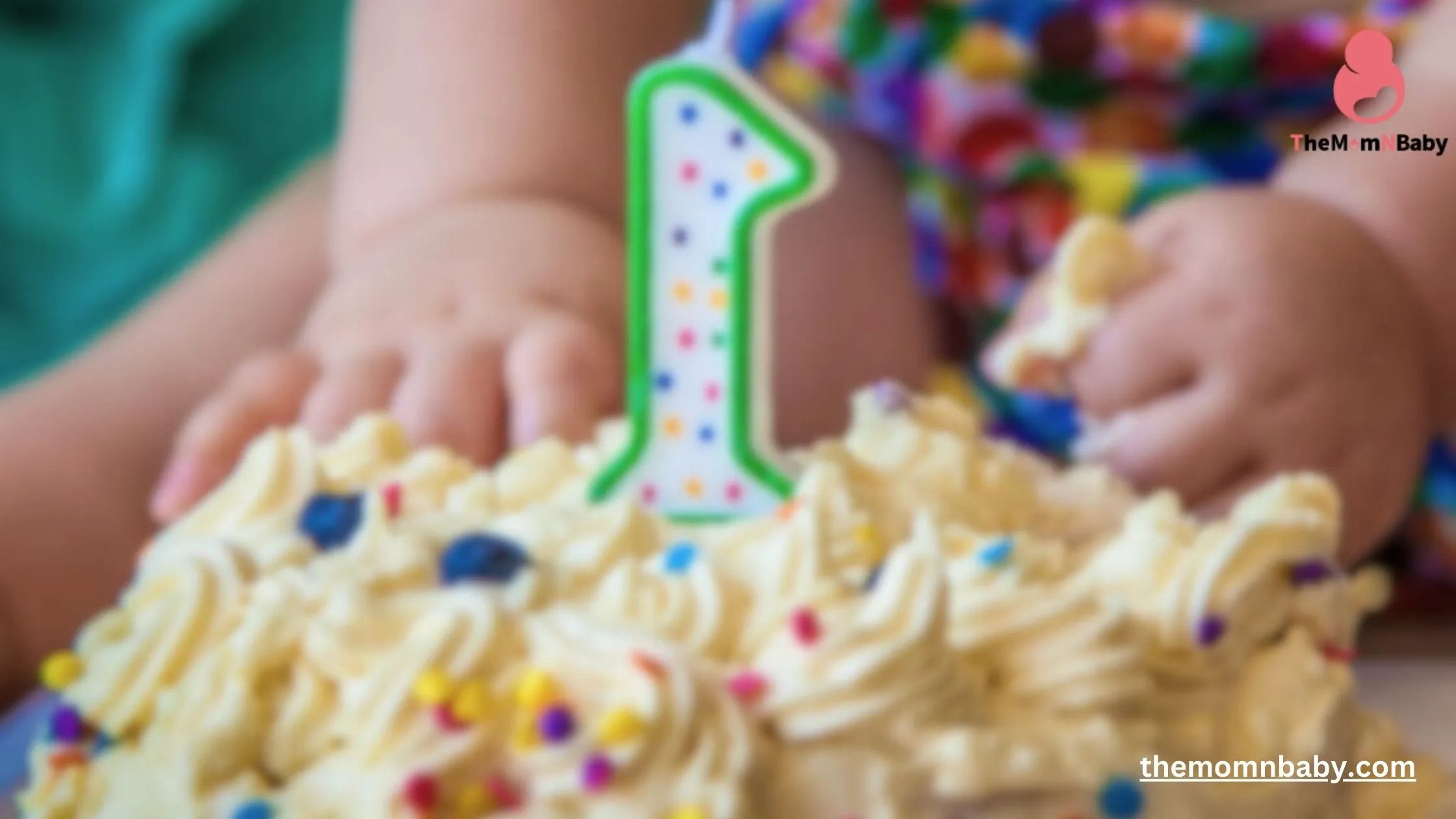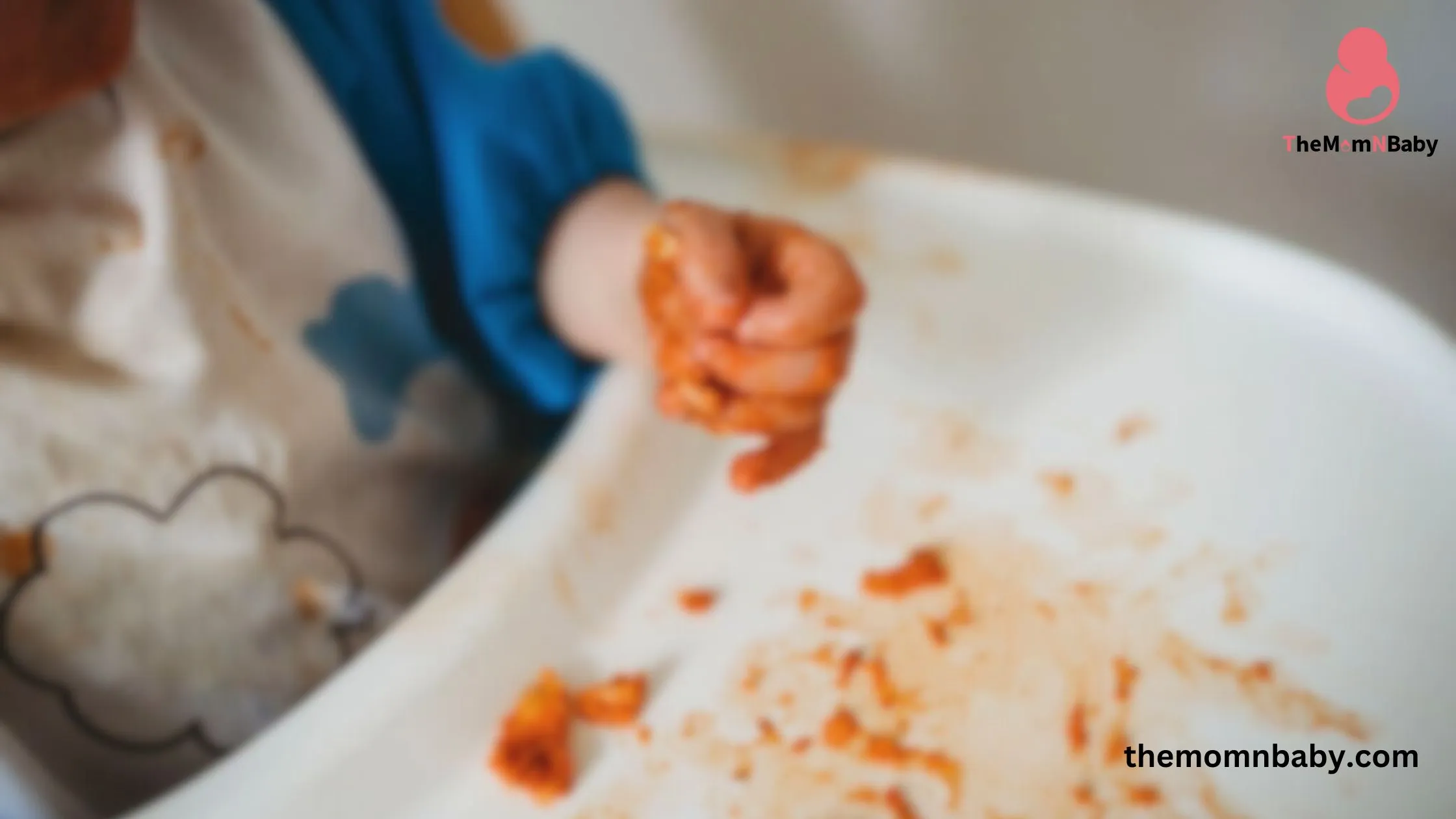
Is Your Child Eager for a Sibling? Bringing a new baby into the family is an exciting time, but it can also be a big change, especially for older siblings. They may have mixed feelings about the new addition and might need some extra support and guidance to make the transition smoother. In this article, we’ll explore 15 simple and easy tips and tricks to help prepare siblings for a new baby and ensure a smooth transition.
15 Tips and Tricks for Helping Siblings Prepare for a New Baby: Making It Easy
Getting ready for a new baby when you already have brothers or sisters can be exciting and a bit challenging. To make this time easy and fun, we have put together ’15 Tips and Tricks for Helping Siblings Prepare for a New Baby.’ These are simple ideas to help your older siblings feel good about the new baby and be a part of the family’s happy journey. From talking and playing together to getting the baby’s things ready, we’ll show you how to make it all easy and enjoyable.
1. Talk About the New Sibling and Being a Big Brother or Sister
Start by having a simple chat with your child about the new baby who’s on the way. Tell them they’re going to have a little brother or sister. Explain what it means to be a big brother or sister, like how they’ll be the older one in the family and have a special role.
This talk helps your child understand the idea of becoming a sibling. It also lets them know that they’re important and that they’ll get to help and play with their new baby sibling. It’s like telling them about a new friend who will join the family soon.
2. Read Sibling Books Together
You can find many books for kids that talk about becoming a sibling. These books can help your child understand what it’s like to have a new brother or sister. When you read these books together, it makes it easier for your child to learn about the changes that will happen when the new sibling arrives.
3. Include Them in Getting Ready
Let your child be a part of getting everything ready for the baby. They can help set up the baby’s room, pick out cute baby clothes, and even choose a special gift to give to the new sibling. This makes your child feel important and excited about the baby’s arrival. It’s like a fun project that you do together!
4. Visit Friends with Babies and Learn
If you can, arrange times to play with your friends who also have babies. This is an excellent way for your child to get used to the idea of having a baby sibling. They can see what it’s like to have a little baby in the house and understand how to interact with them. It’s like a practice run for the new sibling!
5. Talk About Your Sibling’s Feelings
It’s important to let your child talk about their feelings concerning the new baby sibling. Encourage them to express what’s going on in their hearts and minds. Tell them it’s perfectly okay to feel a bit jealous or worried because change can be tricky. But, let them know that you’re there to support and help them through it.
6. Stick to Your Daily Sibling Routines
Try to keep things the same in your daily routine as much as you can. This will help your sibling feel safe and not too nervous about the upcoming changes. Routines are like a plan that they can count on.
Also read : Screen-Free Holiday Entertainment Ideas & Managing Kids
7. Set Aside Special Time with Your Sibling
Make sure to have one-on-one time with your child. Let them choose fun activities they like, and remind them that they’re still super important to you. This special time together lets your sibling know that they’re still loved and cherished.
8. Show Pictures from the Doctor
If you have pictures from the doctor, like the ultrasound pictures, show them to your child. These pictures help your sibling feel closer to the baby even before it’s born. They can see what the baby looks like inside the tummy.
9. Talk About Taking Care of the New Sibling
Tell your child how you’ll take care of the baby when it arrives. This helps your sibling understand what to expect and how the baby will be looked after.
10. Let Your Sibling Help Choose a Name
If you haven’t chosen a name for the baby, involving your child, your sibling, in the decision-making process can be a great idea. Ask for their ideas and opinions. This makes your sibling feel like they have a say in the baby’s life and fosters a sense of importance and inclusion. It’s a meaningful way to include them in the family’s decisions.
11. Be Honest with Your Sibling
When your child, including siblings, asks questions about the new baby or how babies are born, be honest. Tell them the facts in a way that’s easy for them to understand. It’s important to give them accurate information and encourage their curiosity.
12. Involve Your Sibling in Baby Care
After your baby is born, engaging your older child in baby care tasks is a great way to nurture their sense of responsibility and importance. Encourage them to help with changing diapers, picking out adorable baby clothes, or even comforting their new sibling. This involvement not only makes your older child feel important but also strengthens their bond with the new baby. It’s a meaningful way to foster a positive sibling relationship.
13. Respect Your Child’s Pace
If your child is hesitant about holding or getting close to the new baby, respect their feelings. Avoid pushing them into interactions they’re not comfortable with. Let your child decide when they’re ready. This approach fosters a more relaxed and accepting environment, allowing them to adjust at their own pace. Gradual introduction, open communication, and patience are key to nurturing a positive sibling relationship.
14. Celebrate Your Sibling’s Good Deeds
Celebrating your older child’s acts of kindness and support for the new baby is essential for strengthening their sibling bond. Express appreciation, offer praise for specific actions, and spend quality one-on-one time with them. Involving them in baby care tasks fosters a sense of responsibility. Establish sibling celebration rituals, share stories about their infancy, and use positive reinforcement to encourage their loving behavior. By doing so, you not only promote a nurturing family environment but also build the foundation for a lifelong, loving sibling relationship.
15. Be Patient and Reassure Your Sibling
Lastly, be patient with your sibling as everyone gets used to the new family dynamics. Reassure them that you love them just as much as before. Sometimes, it takes time for everyone to adjust, and it’s essential to remind your sibling of your love and support.
Also Read : What Is Eggshell Parenting? How To Stop Being One? | Child Development
Preparing siblings for a new baby can be a challenging, yet rewarding, experience. By following these 15 tips and tricks, you can help your child make a smooth transition into their new role as a big brother or sister. Remember, every child is unique, so be flexible and responsive to their needs, and most importantly, shower them with love and support as you welcome the newest member of your family.
Frequently Asked Questions (FAQ) – Preparing Siblings for a New Baby: Smooth Transitions
Q. Why do I need to tell my child about the new baby coming?
You should tell your child about the new baby so they understand what’s happening. This helps them get ready for the changes and feel part of the family’s excitement.
Q. How can I make my child feel better if they’re worried about the new baby?
If your child is worried, talk to them about their feelings and let them know it’s okay to be worried. Reassure them with love and support.
Q. What if my child doesn’t want to hold the new baby?
If your child doesn’t want to hold the new baby, don’t make them. It’s important to let your child decide when they’re ready.
Q. When should we start getting ready for the new baby?
Start getting ready as soon as you know about the new baby. This gives your child more time to understand and feel comfortable with the idea.
Q. What should I do if my child is still not feeling okay after the new baby comes?
If your child is still not feeling okay after the baby arrives, it’s a good idea to talk to a doctor or someone who can help with feelings. They can provide some helpful advice and support.






